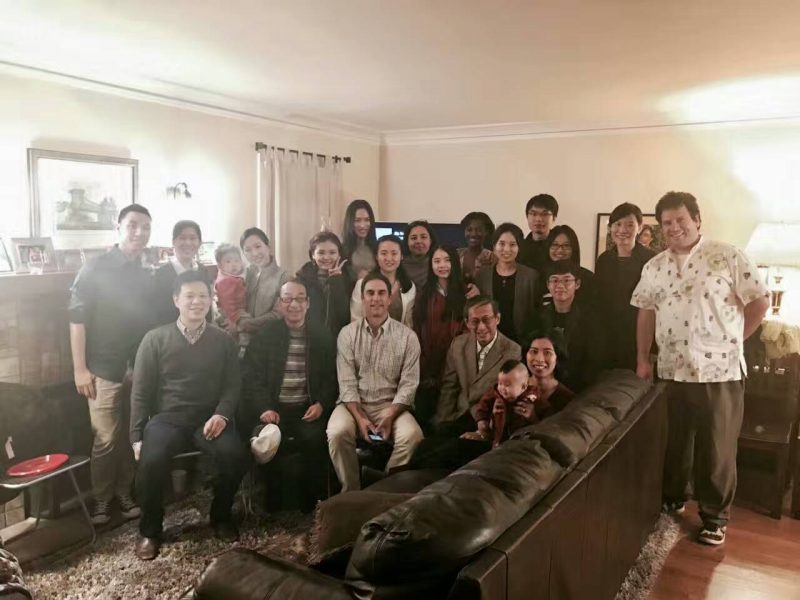2017-02-15
Pageviews:2015
By: Matthew Jellick
During the Spring Festival Holiday, I spent some time in California seeing friends and family and of course enjoying the warm sunshine and ocean breeze. While home, I visited the University of Southern California, in Los Angeles, where I received my Master’s Degree in Teaching, and with which I still carry both a personal and professional relationship. Since graduating in 2012, I have volunteered on behalf of the Rossier School of Education at USC, working with prospective students interested in the program, and following, writing articles about my overseas teaching experiences afforded me through my Graduate Degree.
In California during the Spring Festival, I was invited to a Chinese New Year Celebration hosted by the TESOL Department at USC. Most students in attendance were from Mainland China, completing their two-year M.A. in Teaching on campus in Los Angeles, with aspirations to return home to work in this dynamic and demanding educational environment. From my perspective as an American educator teaching in China, it was an exciting opportunity to share ideas, learning about their experiences as Chinese students studying in the States, culminating in employment back here on the mainland. An interesting study in cross-cultural education, it is a testament to the global reach of English-language teaching and the empowerment it provides both teachers and students alike.
Over the course of my time here at Southern University of Science and Technology, I aim to establish collaboration with the University of Southern California. It was an honor to meet such motived Chinese students getting their Masters Degrees through USC and in turn, to share with them the incredible work we are doing here at SUSTech. Working in partnership with the Center for Language Education (SUSTech) and the Rossier School of Education (USC), we have the opportunity to further advance the linkage between the respective countries of China and the United States, where common educational goals trump geographical divides, and where English-language learning helps to bridge that gap across the Pacific.

